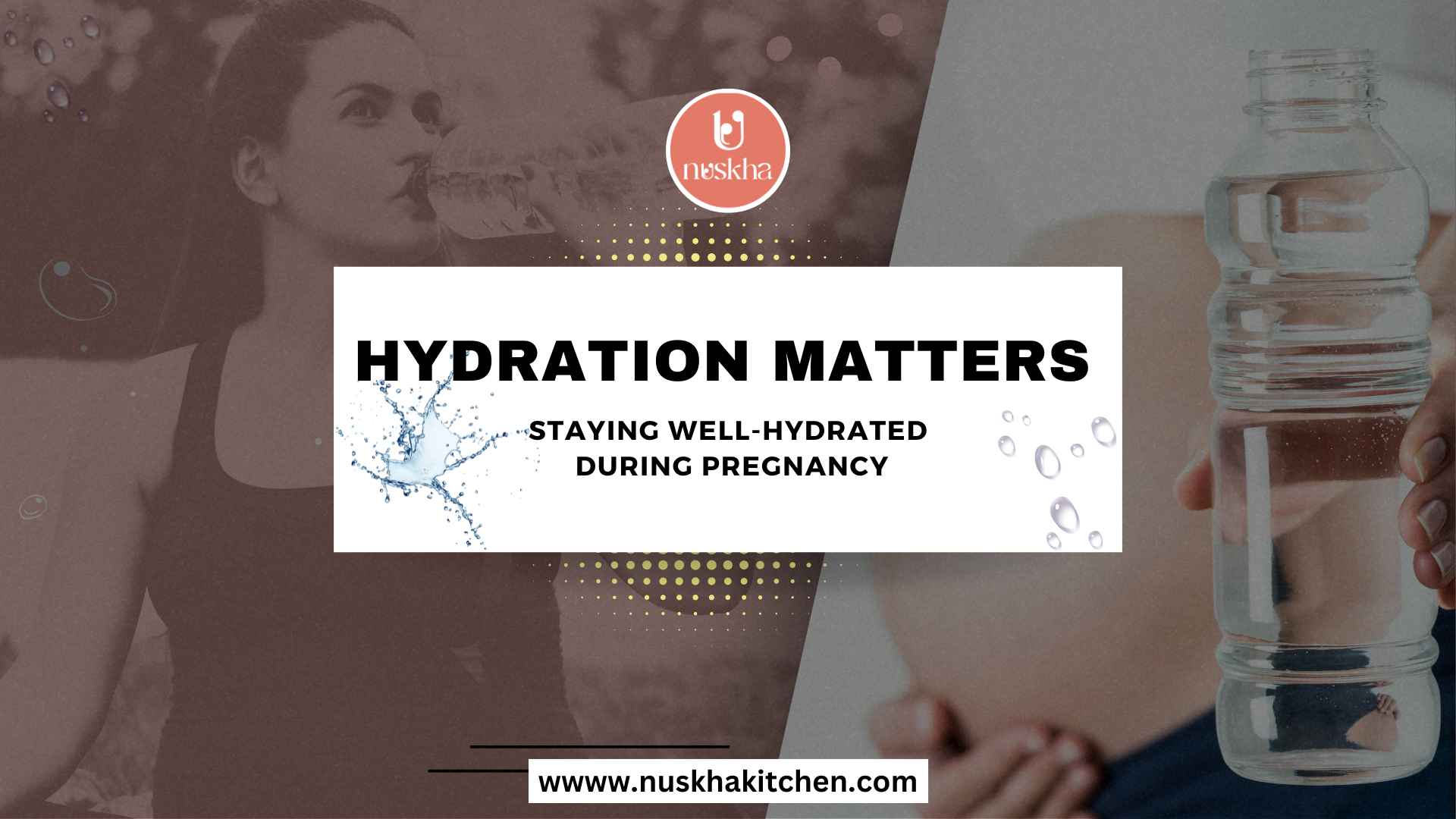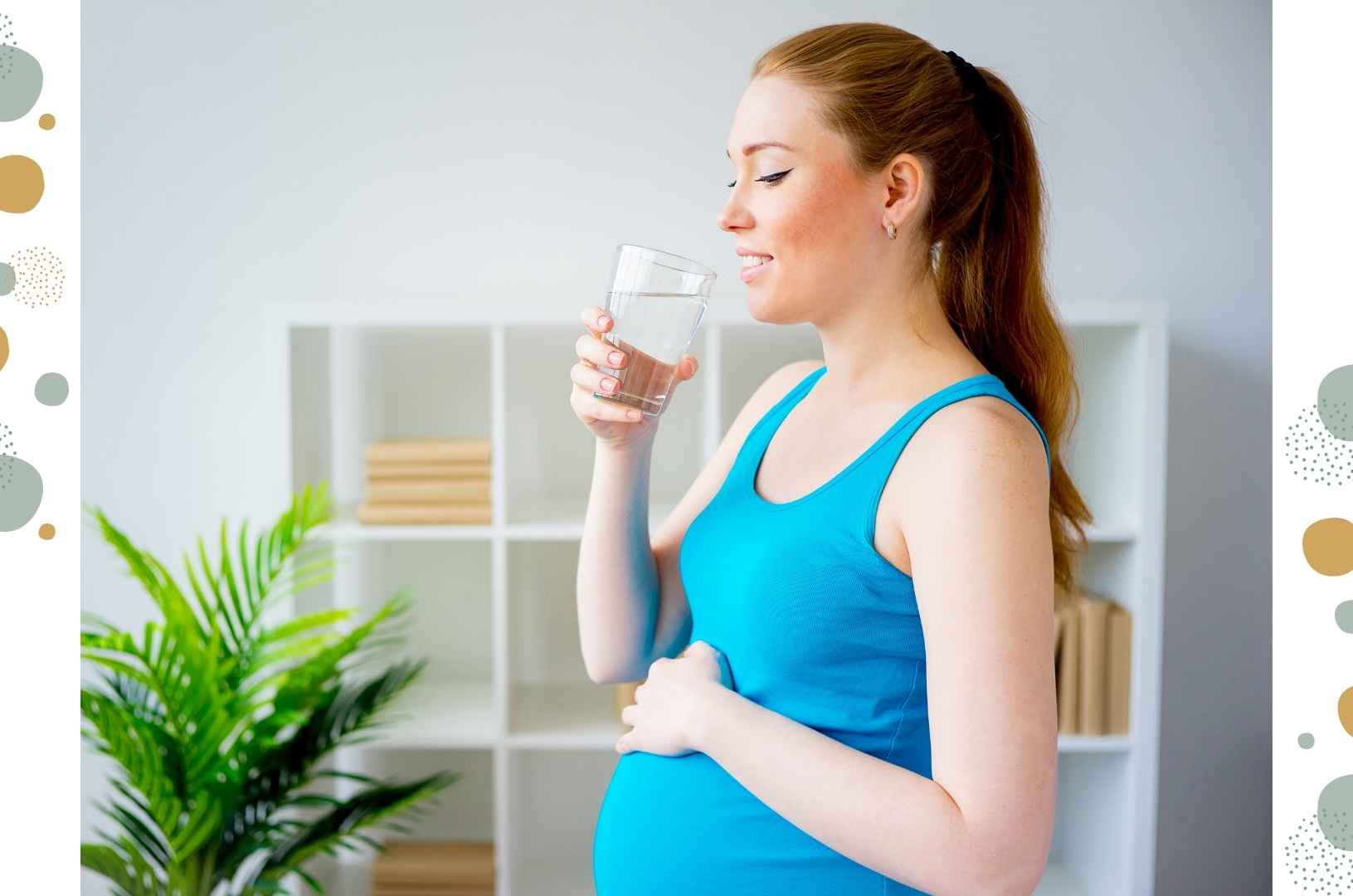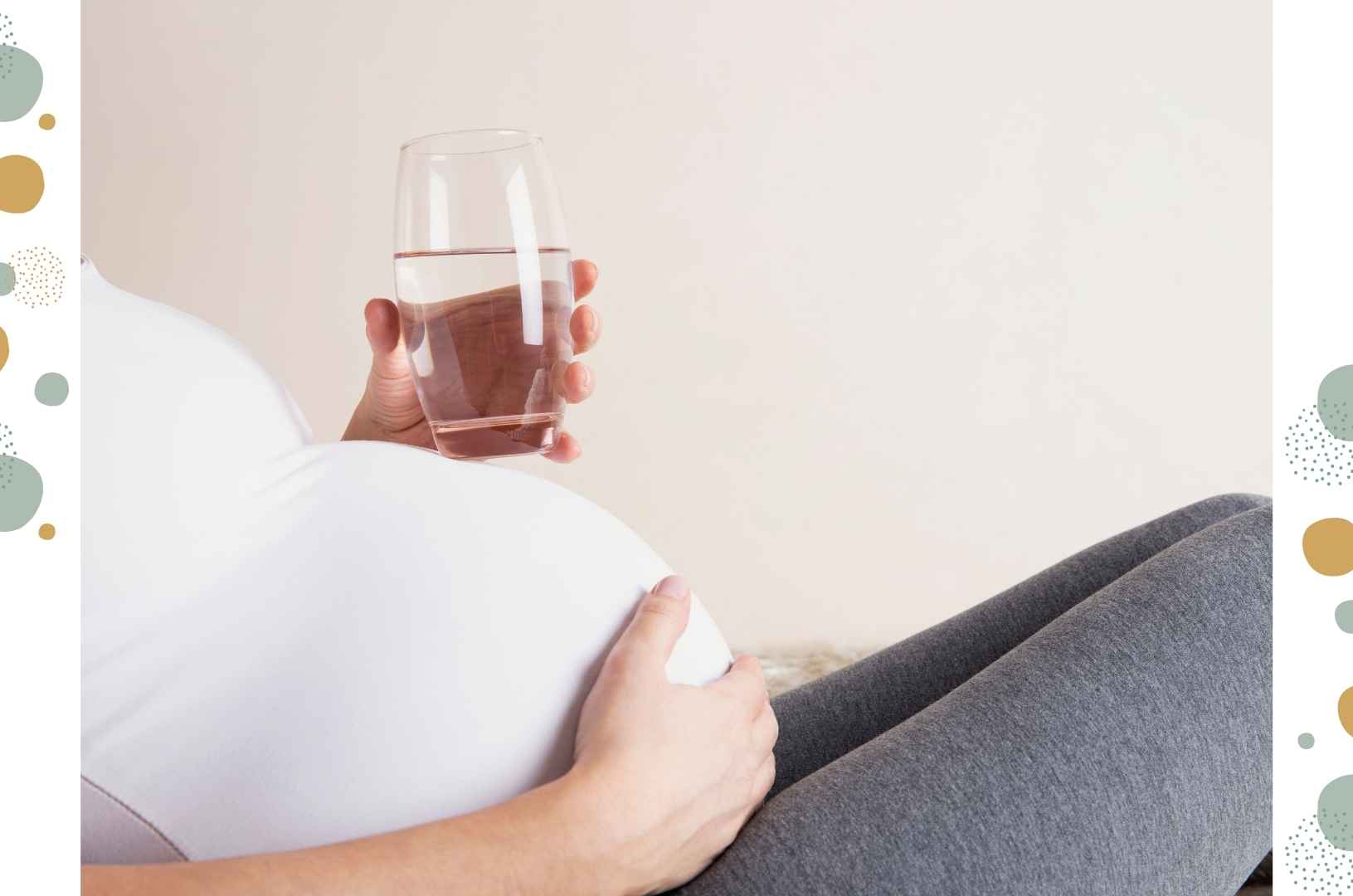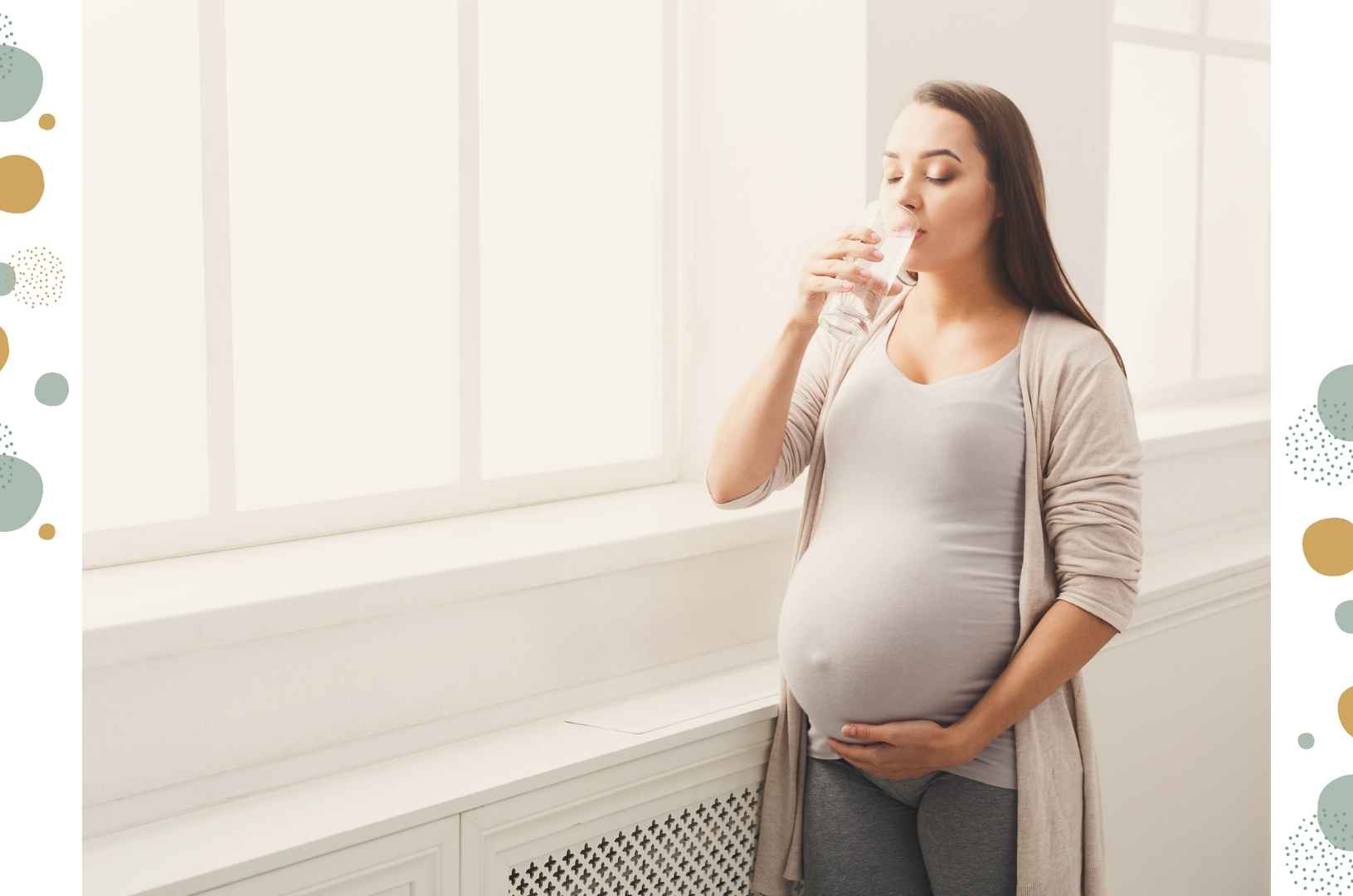
Hydration is crucial at all times, but during pregnancy, fluids are considerably more scarce. It supports women's care during these special days. Your body requires water to create increased blood volume, manufacture amniotic fluid, regenerate new tissue, transport nutrients, ease indigestion, and flush away waste and toxins. Baby's included!
The benefits of drinking enough fluids during pregnancy are relieving constipation, softening skin, reducing the risk of skin allergy, and lowering the risk of premature labor and urinary tract infections. While you may wish to limit your toilet visits, a pregnant woman needs to drink enough fluids to ensure a healthy and safe pregnancy. Here are some tips for preventing dehydration when pregnant.
Don't worry if the consumption of all much water makes you bored; you are free to add other fluids. Fruits and vegetables, as well as milk, juice, soup, sparkling water, and decaf tea, count. Today we will discuss various tips that would keep you hydrated and take care of women’s health to ensure a healthy pregnancy.

Before beginning with the hacks and tips, first, we need to understand the risk of dehydration:
Dehydration could lead to several complications that mainly feature uterine contractions, potentially triggering preterm labor. Even in severe cases, it might cause neural tube defects. Dehydration can also accelerate morning sickness, a common pregnancy symptom, making the experience more uncomfortable for expectant mothers.

The exact amount can vary from person to person yet a general guideline is to consume around 10 cups or 2.3 litres. This is the most sufficient intake that a would-be-mum should consume daily. This includes not only water but also other hydrating beverages and water-rich foods. However, it is advisable to note your body’s needs and increase the fluid quantity if you are having excessive sweating, vomiting, or diarrhea.

To avoid dehydration, it is quite significant to note down some signals that the body sends. Dark yellow urine, dizziness, rapid heartbeat, and dry mouth are some of the early indicators that your body might be lacking sufficient liquids. If you experience any of these symptoms, it's essential to increase your fluid intake daily.

Make an effort to develop the habit of carrying a water bottle everywhere you go. Buy a reusable bottle that is light and portable and can keep your beverage cold for many hours. It will be much simpler to achieve your water objectives when it is easily located right next to you. You'll also be less inclined to purchase juices and drinks in their place.
Set reminders on your phone to take regular sips of water, especially if you have a busy schedule.
If you dislike drinking water and find it difficult to stay motivated because it tastes bland, try adding some flavor. By cutting up some fresh fruit and allowing the fluids to blend, you may achieve this in the healthiest manner possible. Additionally, frozen fruit works well for this since it is always accessible and keeps your water cool. This also enhances the quality of the pregnancy diet plan for the would-be mother.
Herbal teas and coconut water can contribute to your fluid intake and offer additional benefits.
Limit caffeine and sugary drinks, as excessive consumption can lead to dehydration. Coffee, tea, and chocolate-based drinks could also cause dehydration.
For expectant mothers, being well-hydrated is a foundation block of a healthy pregnancy journey. With well-maintained hydration, you can support the women’s care and the health of the developing baby. It helps to prevent potential risks and discomforts. Yet by following the above-mentioned guidelines and incorporating hydration tips, expectant mothers can ensure a smoother and more enjoyable pregnancy experience. Remember, every woman's health requirements are different, so listen to what your body needs and then adjust with the plan.
Read also: Top 10 Foods to Avoid During Pregnancy for a Healthy Baby